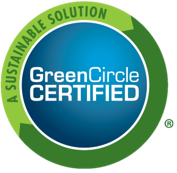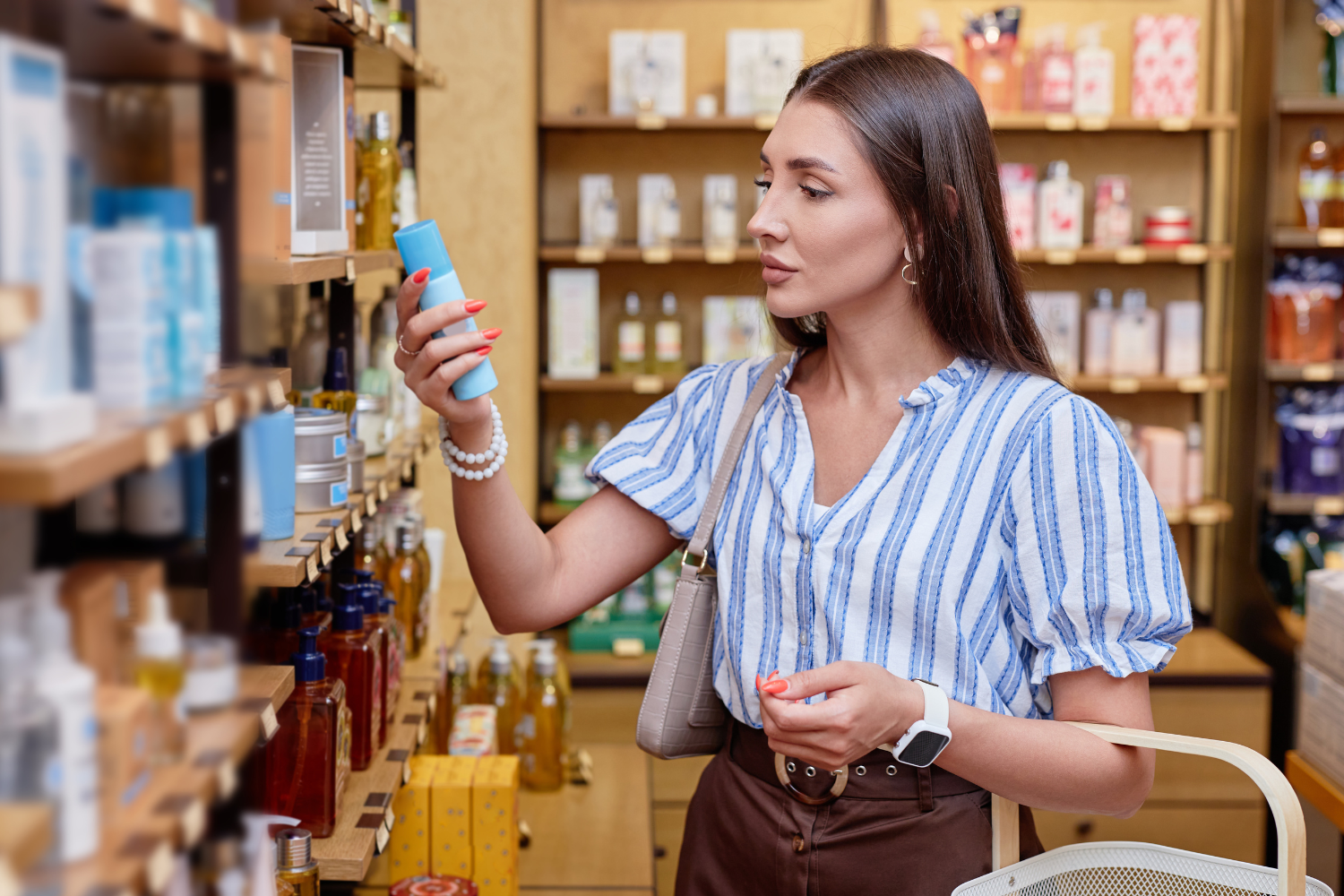‘Regenerative’ or Just Recycled Spin? How to Spot Greenwashing in Wellness Products
You’ve probably seen the buzzwords: eco-friendly, green, non-toxic, regenerative.
Maybe a box of cereal, a skin-care serum, or even your favorite sneakers. But how do you know if those claims are real – or just a marketing tactic?
CNN’s recent article put it plainly: Greenwashing is everywhere. And in the wellness industry, where value-driven consumers are often willing to pay more for ‘planet-friendly’ products, deceptive language is particularly rampant.
Let’s break it down – and help you (and your brand) stay on the right side of credibility.
Greenwashing: What It Is – And Why It’s a Problem
As the CNN piece highlights, greenwashing happens when brands ‘overcommunicate or under-communicate’ on sustainability. Sometimes it’s intention; sometimes it’s the result of poor management or wishful marketing. Either way, the impact is the same: it misleads consumers and slows real progress.
The United Nations calls out common tactics:
Unsubstantiated net-zero claims
Highlighting small changes while ignoring a product’s full impact
Using undefined buzzwords like green, eco, or regenerative without evidence
Even ‘regenerative’ – a term gaining popularity – is often thrown around without any formal definition, legal standard, or third-party verification. As Scott Faber of the Environmental Working Group points out in the CNN article: “Most claims that foods regenerate soil isn’t tied to such standards and doesn’t require third-party verification.”
6 Red Flags to Watch For
To avoid being duped, here’s what to keep an eye on:
Vague language – Claims like ‘earth-friendly’ or ‘non-toxic’ with no backup.
Nature-themed visuals – Leaves, windmills, green bottles – used without context.
No third-party certification – If there’s no independent audit, it’s just a claim.
Homemade-looking logos – These can mimic real ecolabels but mean nothing.
Claims that defy logic – A ‘carbon-neutral’ airline’ – Not likely…yet.
What’s missing? – Is the product’s packaging more impressive than its actual sustainability impact?
What Real Sustainability Looks Like
Real environmental claims are specific, measurable, and verified by a credible third-party.
At GreenCircle Certified, we specialize in helping companies prove their sustainability – not just promote it. Our certifications are trusted because they are:
Transparent
Standards-based
Audited annually
Communicated with integrity
Explore our certifications:
Why This Matters for Brands
Misleading claims aren’t just bad PR – they’re legal risks. As CNN reported, companies like Keurig Dr Pepper have already faced consequences for overstating recyclability. With growing consumer scrutiny and the threat of regulation, the time to clean up your claims is now.
If your company is using terms like regenerative, sustainable, or green, make sure you can back them up. Otherwise, you risk eroding trust and falling into the very trap you’re trying to avoid.
Ready to Get Certified?
If you’re serious about sustainability and what to ensure your claims are rock-solid, GreenCircle Certified can help.
Contact us to explore how certification can protect your brand, earn consumer trust, and help you stand out in a sea of greenwashed noise.
Keep an eye out for more posts from me, Sustainable Sara, with an educational lens on sustainability.
Written by Sara Risley, Certification Officer, GreenCircle Certified
About Sara
Sara brings over 15 years of experience in product certification and regulatory compliance. Before joining GreenCircle, she served as the Vice President of Certification at Green Seal, where she led the certification department for two years. Prior to that, she led NSF International's food product certification division, overseeing independent verification for food labels and packaging claims such as Organic and Non-GMO certifications. Additionally, she spent five years as the technical operations lead at NSF International, managing ANSI-accredited standards for commercial food equipment, food contact materials, and water filters.




